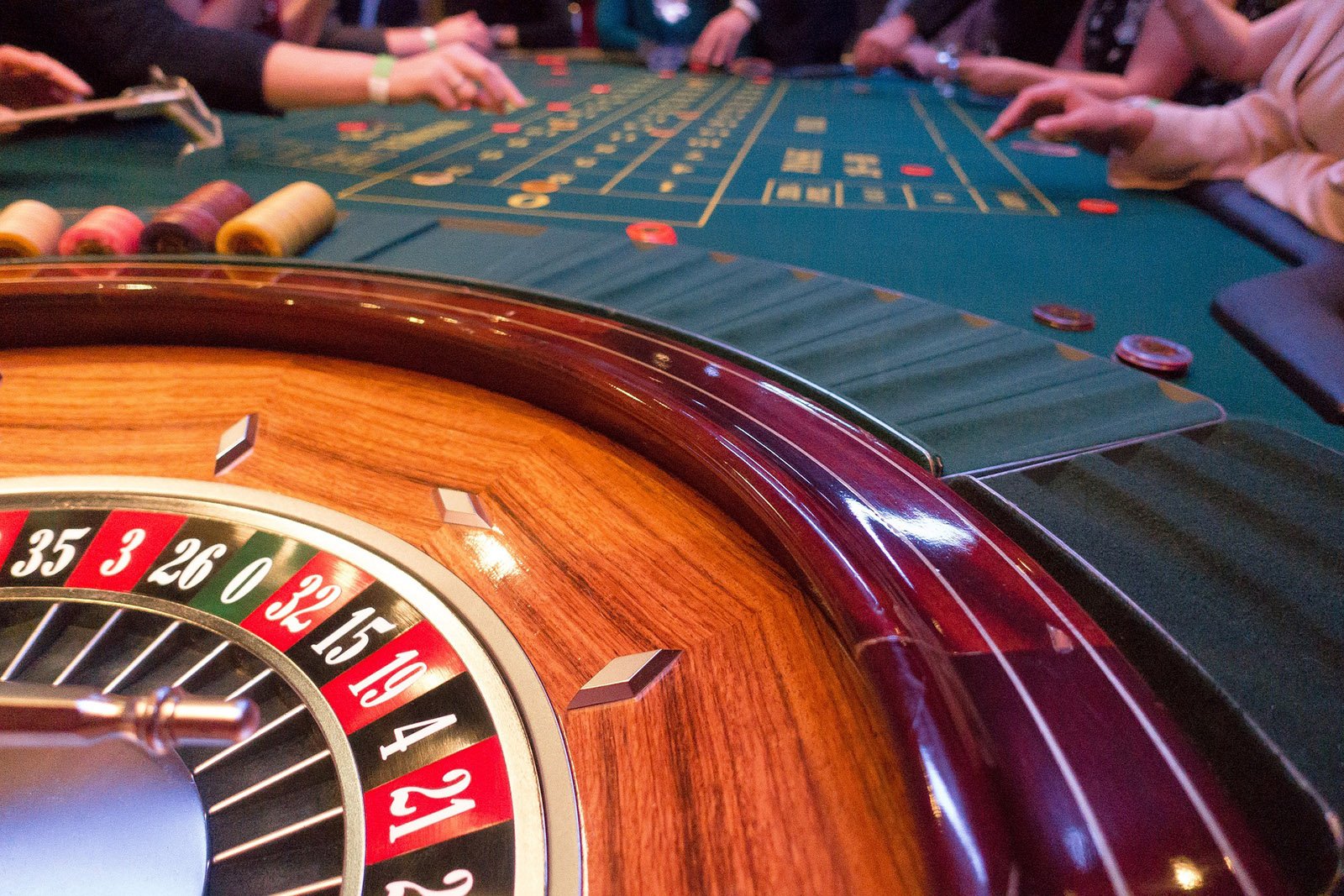
In the world of gambling, in which chance and strategy intersect, a unique tapestry of beliefs manifests—one that weaves together luck, fate, and the enigmatic nature of casino games. Casinos, bustling with excitement and anticipation, are not just venues for placing bets; they are also arenas in which superstitions thrive. From the novice player to the seasoned gambler, these mysterious practices often shape how individuals approach the games they play, holding the belief that their actions can affect the outcome in ways that go beyond mere probability. branding design
As players gather around roulette wheels, blackjack tables, and slot machines, the atmosphere is thick with stories of lucky charms, rituals, and codified behavior that defy logic yet provide a sense of comfort. Whether it’s wearing a specific outfit, following a particular sequence of bets, or even avoiding certain numbers, the attachment to various superstitions reflects a deep-rooted desire to master the uncontrollable. This article delves into the captivating world of casino game superstitions, investigating the beliefs that simultaneously entertain and mystify those who dare to play.
Cultural Origins of Superstitions
Gambling games have long been entwined with an variety of superstitions that can be traced to primitive civilizations. The origins of these notions can be linked to humanity’s intrinsic need to influence the random outcomes connected with chance and uncertainty. In primitive civilizations, activities of chance were often connected to ritualistic practices. Players would seek favor or request favor from gods, believing that their actions could change the outcomes in their benefit. This basis laid the basis for the variety of superstitions that proliferated as casino games evolved over time.
During the Middle Ages, betting became a widespread activity across European nations, and with it, a colorful tapestry of superstitions developed. Players adopted various rituals and charms, believing they could affect the consequences of games. The importance of digits, in particular, emerged to appear in superstitions pertaining to card games and dice. The number 7 was often considered lucky, while other numbers carried negative connotations. These ideas mirrored the cultural contexts of the time, evolving as they transferred through generations and adapted to emerging gaming environments.
As gambling houses developed in the 1600s, particularly in the Italian peninsula and France, the atmosphere surrounding betting became imbued in mystery. The growing availability of gambling games allowed for the expansion and growth of superstitions among players. Concepts like fortunate charms, special seating positions, and rituals gained prevalence, creating a unique culture within betting houses. As these traditions continued to thrive, they became fundamental to the identity of casino activities, illustrating how the past and society shape the convictions that influence how players engage with fortune.
Popular Casino Myths
Superstitions surrounding gambling activities are abundant and varied, mirroring the dreams and anxieties of players as they participate in chance-based games. One of the most common views is that specific numbers bring fortune or bad luck. For example, the number 7 is often seen as a lucky number, frequently embraced by gamblers looking for a favorable result. Conversely, the number 13 is routinely considered cursed, leading many players to avoid it during their gambling sessions.
A frequent belief relates to practices that gamblers believe can influence their odds. It could be blowing gently on the dice before a throw, using a particular gesture to place a bet, or even putting on particular items of clothing, many individuals feel that these actions can sway luck in their benefit. These practices offer a feeling of control in an otherwise random environment, strengthening the idea that fortune can be created through individual beliefs and habits.
Finally, the environment and atmosphere of the gambling house itself contributes to myths. Many players suggest that the presence of certain icons, such as four-leaved clovers or fortunate tokens, can enhance their odds of winning. Additionally, players might adhere to the notion that winning streaks can be interrupted by mundane events, such as someone walking past or a spill at the gaming surface. The collective environment in a casino can amplify these superstitions, creating a communal culture of myths that transcends single encounters.
Impact of Superstitions on Players
Beliefs play a important role in the psychology of gamblers, often affecting their behavior and decision-making. Numerous gamblers believe that fortune can be manipulated through different rituals, such as donning a talisman, selecting specific colors, or avoiding certain numbers. This dependence on superstitions can create a feeling of control in an environment that is inherently unpredictable. Players frequently feel more self-assured and engaged when they feel that their actions could sway the result of a game in their advantage.
The influence of these superstitions extends beyond singular players, affecting the overall atmosphere within the casino. For instance, a player who believes in the luck of a particular slot machine might attract a crowd, as onlookers are fascinated by their apparent luck. https://69vn.travel/ This collective belief can amplify excitement and create a lively environment, leading to an captivating experience even for those who may not necessarily be believers themselves. The buzz around certain games can lead to higher participation and extended playing sessions, supporting the casino’s lively social scene.
In some instances, superstitions can lead to negative effects for players. Relying too much on rituals can result in poor gambling decisions, as some may overlook basic strategies in favor of unfounded beliefs. Additionally, the pressure to perform rituals may heighten anxiety and tension, diminishing from the pleasure of the experience. Ultimately, while superstitions can enhance the excitement of playing casino games, they can also lead to unwise choices that overshadow the enjoyment and entertainment intended in the casino experience.